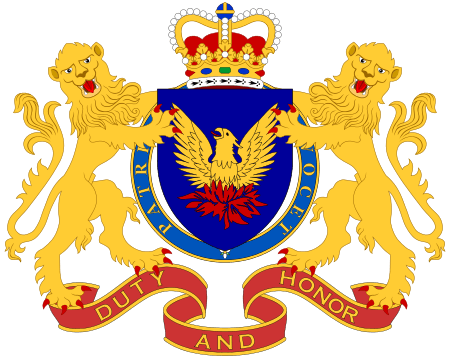The Crown

The Sovereign (known as the King if male, or the Queen if female) is the head of state of the Kingdom of Æfira and the legal and symbolic embodiment of the Æfiran nation. The Sovereign fulfills both political and ceremonial functions; however, as a constitutional monarch, he is subject to the law and does not have unrestrained authority to rule.

The current Sovereign is His Majesty King Maximilian, who acceded to the Throne on 6 June 2007. Under the Constitution and the Succession to the Crown Act 2016, the monarch is elected by the Æfiran people and reigns for life.
The King is one of the three components of Parliament, and (in ordinary circumstances) his assent is required for the enactment of legislation. It is also the Sovereign’s responsibility to summon and dissolve Parliament and to call elections in accordance with law.
Executive power – that is, the duty to uphold and carry out the laws – also rests with the monarch, advised and aided by the Privy Council. In this capacity, he acts on the advice of his ministers, who are responsible to Parliament and ultimately to the people. The executive government of Æfira is formally known as His Majesty’s Government, and the ministers and other officers of state are appointed by the Sovereign.
The Sovereign is also regarded as the “fount of justice”, although this is largely a symbolic role. Judges are appointed by the King, and prosecutions are brought in his name; however, he has no power to interfere with the course of justice or the independence of the judiciary.
The monarch has many additional functions: he is the ceremonial head of the armed forces; he represents Æfira in international relations, granting formal recognition to foreign states and accrediting and receiving ambassadors. As “fount of honor”, he confers peerages, knighthoods and other honors on Æfiran citizens.
By well-established convention, the monarch remains politically neutral and carries out his duties in a nonpartisan manner. The monarchy thus serves as the guardian of the rule of law and the rights of the people against abuses of political power.
 Kingdom of Æfira
Kingdom of Æfira
